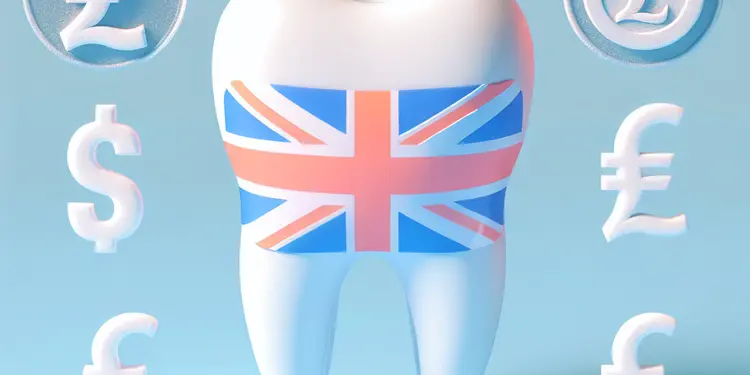
Find Help
More Items From Ergsy search
-
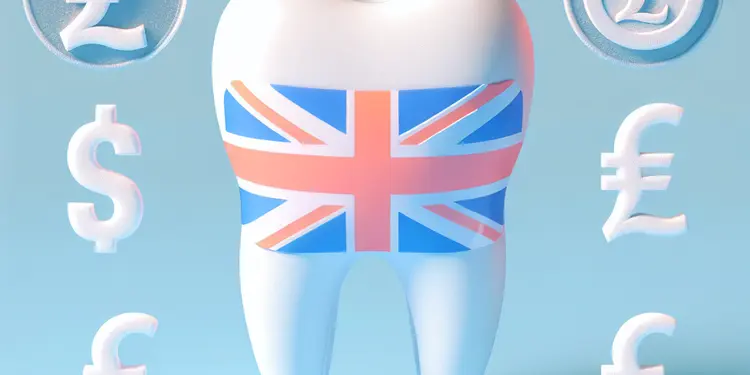
How does diet affect tooth decay?
Relevance: 100%
-
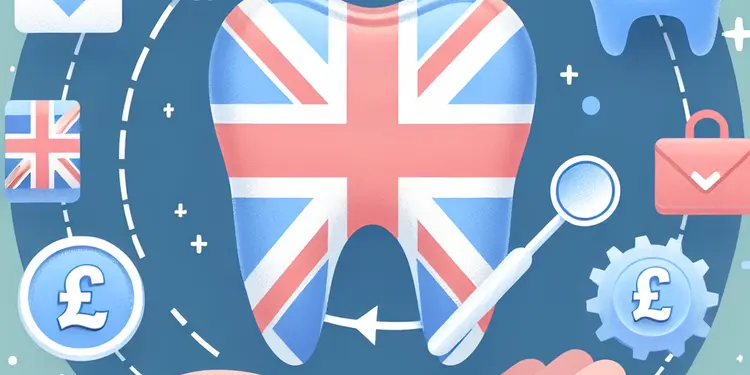
Can tooth decay be reversed?
Relevance: 88%
-
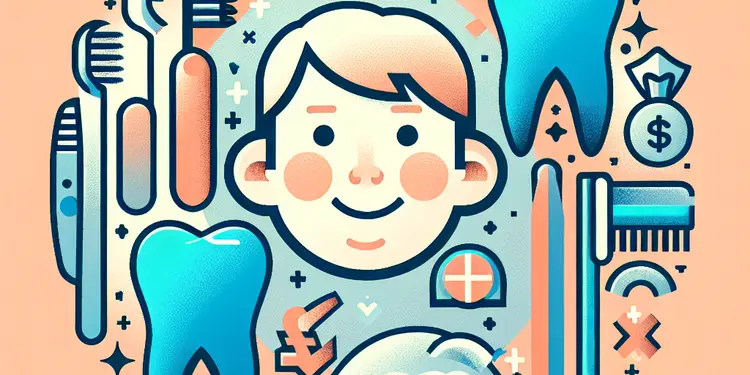
Is tooth decay common in children?
Relevance: 88%
-

How is tooth decay diagnosed?
Relevance: 86%
-
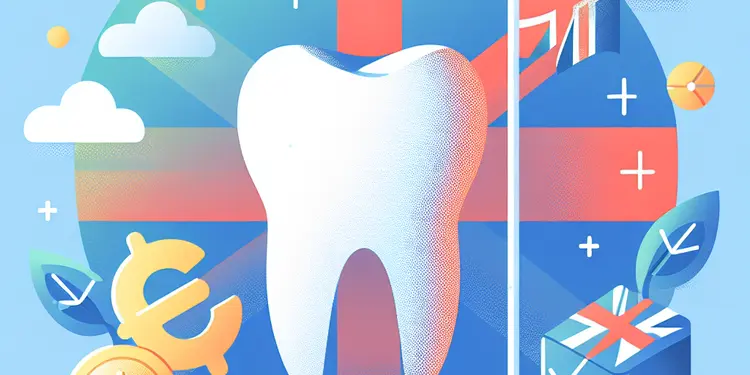
What are the symptoms of tooth decay?
Relevance: 86%
-
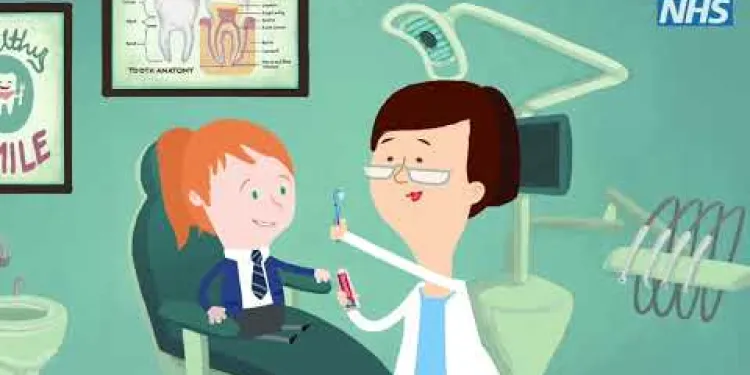
Oral Health Awareness - Tooth Decay
Relevance: 84%
-
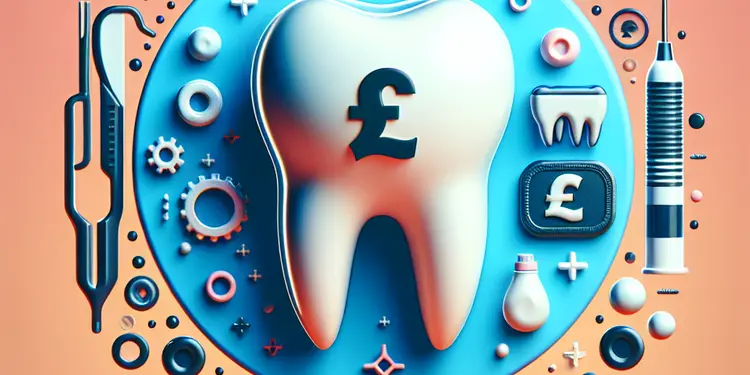
How can I prevent tooth decay?
Relevance: 81%
-
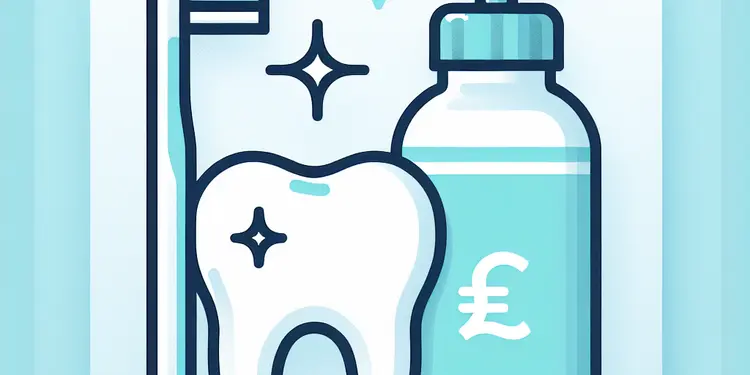
Can using mouthwash prevent tooth decay?
Relevance: 79%
-
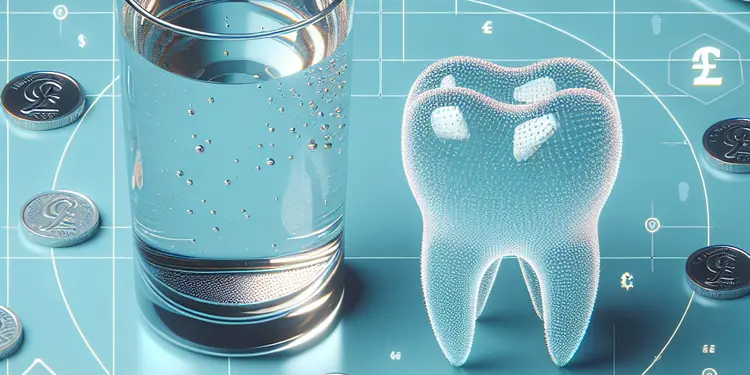
Can drinking water help prevent tooth decay?
Relevance: 75%
-
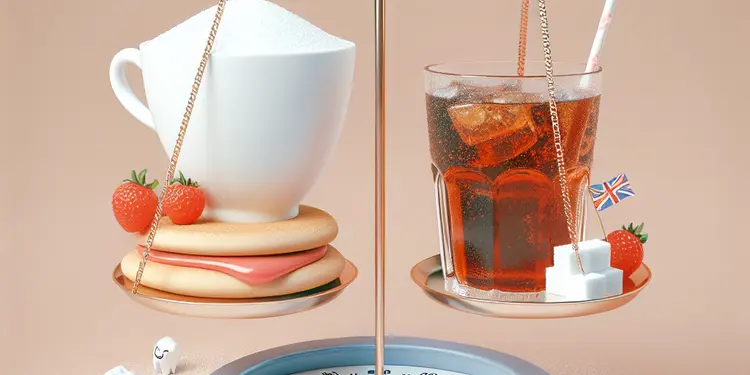
Are sugary drinks worse than sugary foods for causing tooth decay?
Relevance: 74%
-
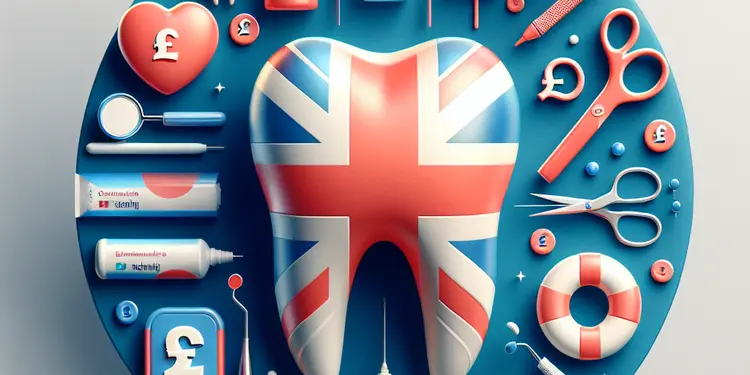
How does fluoride help prevent tooth decay?
Relevance: 72%
-
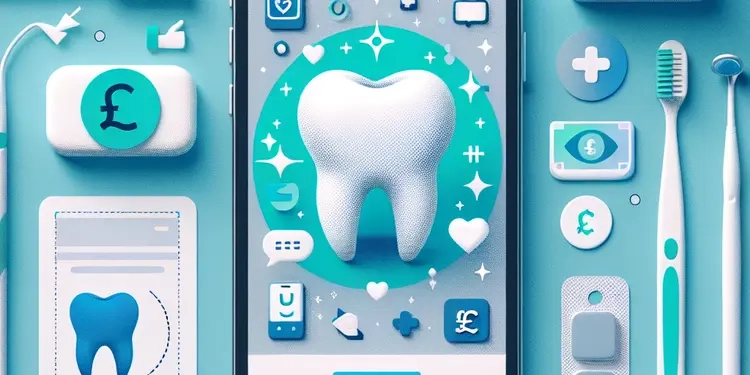
What is tooth decay?
Relevance: 67%
-
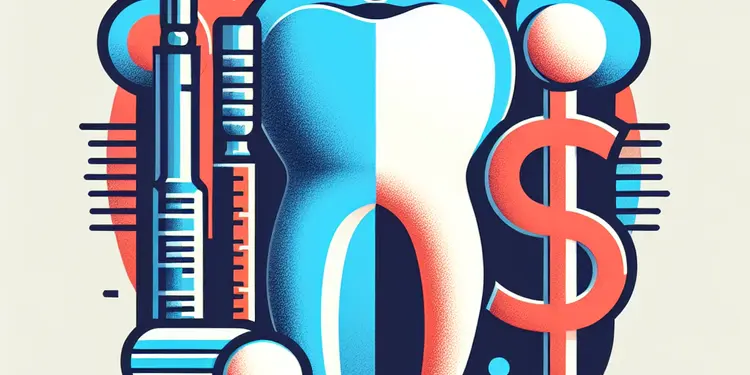
What is the role of dental sealants in preventing tooth decay?
Relevance: 64%
-
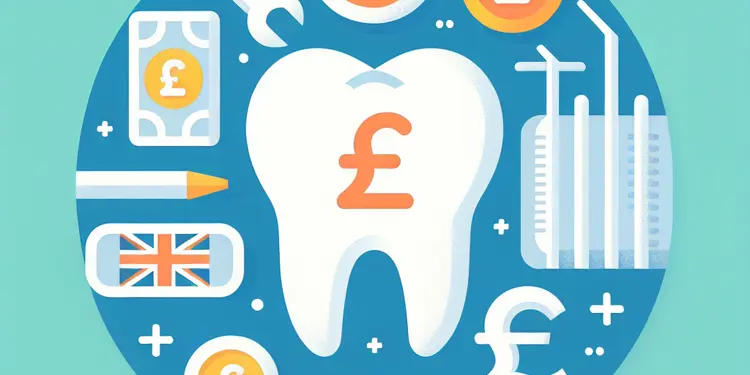
What treatments are available for tooth decay?
Relevance: 58%
-
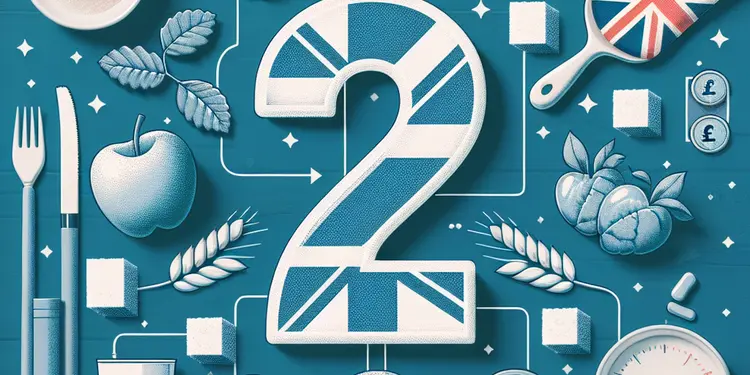
What is the role of sugar in a balanced diet?
Relevance: 39%
-
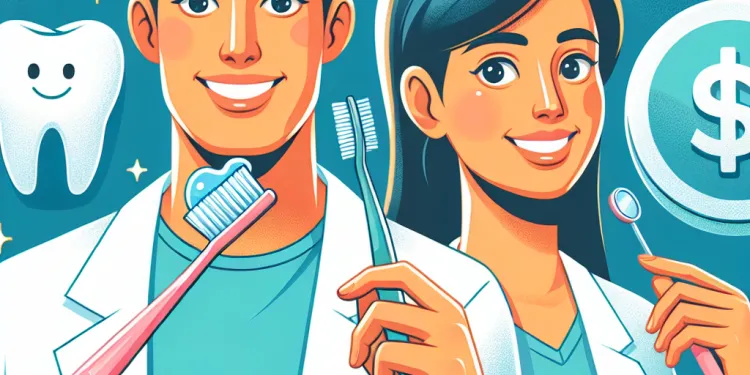
Dental Health: Tips for All Ages
Relevance: 37%
-
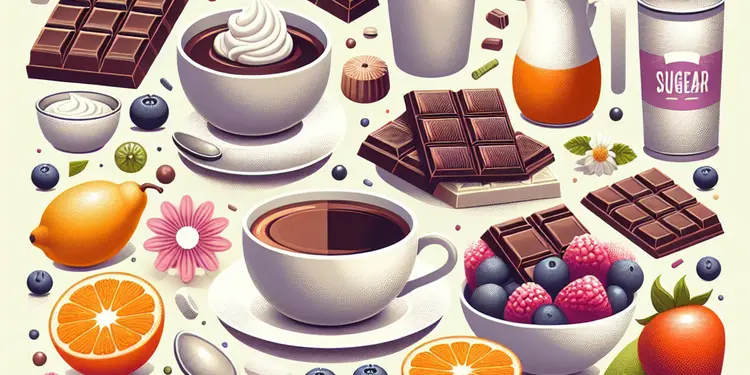
How can I satisfy my sweet tooth without consuming sugar?
Relevance: 31%
-

Can orange juice be part of a healthy diet?
Relevance: 28%
-
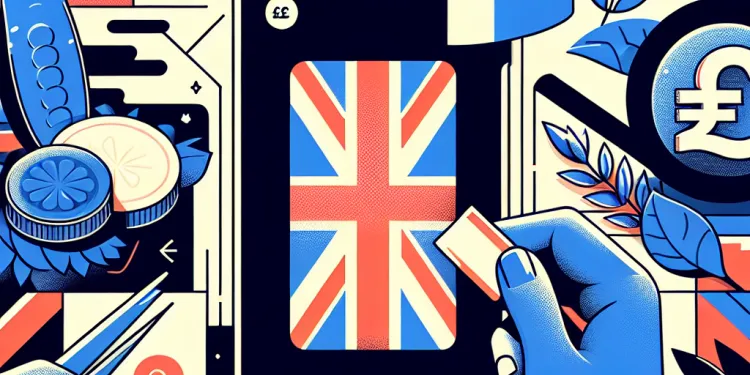
What is the DASH diet?
Relevance: 27%
-
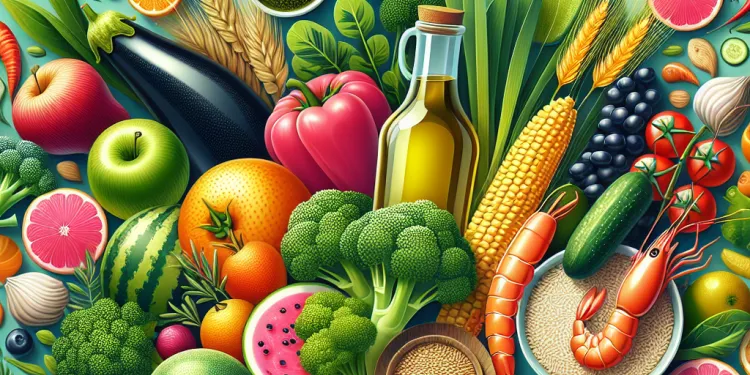
Understanding the Benefits of the Mediterranean Diet
Relevance: 25%
-
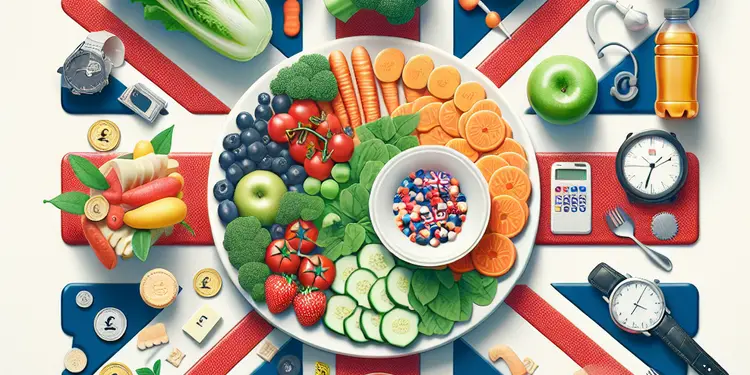
Can a low-fat diet be unhealthy?
Relevance: 25%
-
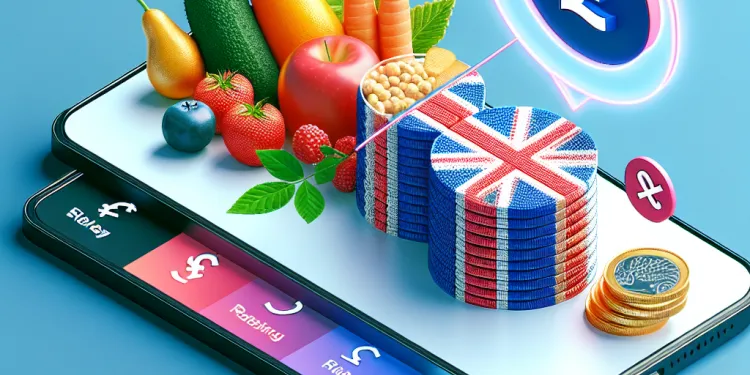
Can diet affect psoriasis?
Relevance: 25%
-
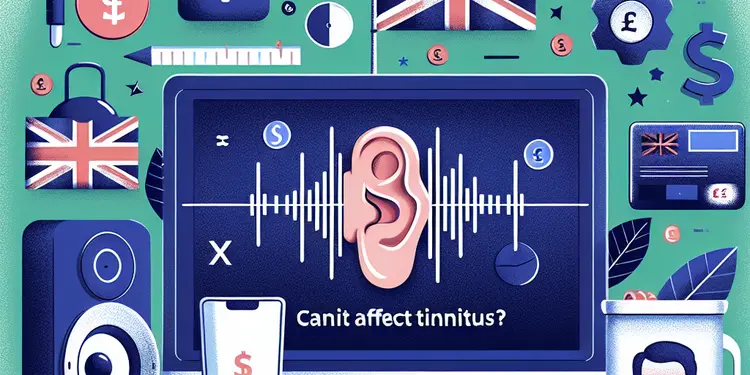
Can diet affect tinnitus?
Relevance: 25%
-
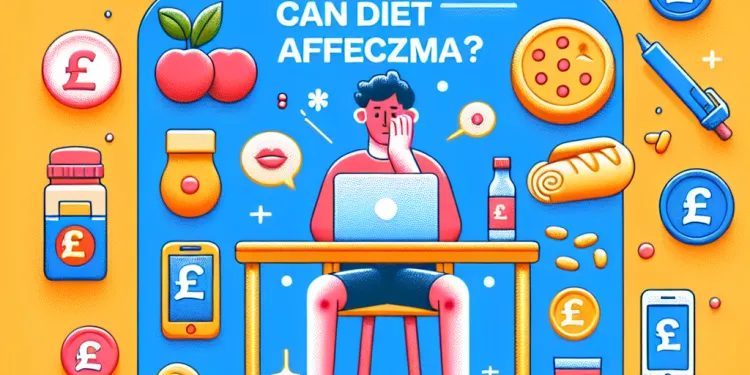
Can diet affect eczema?
Relevance: 25%
-
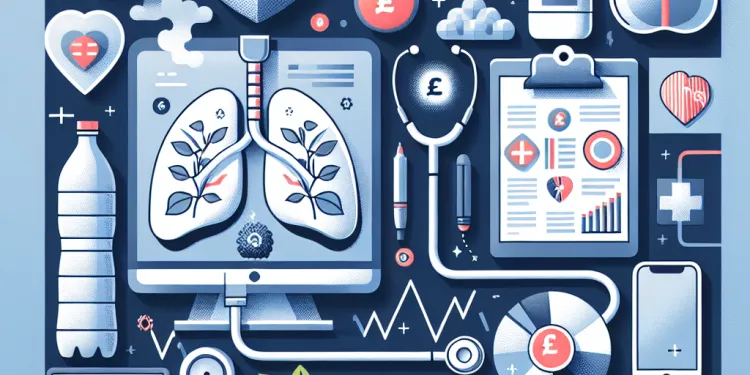
Can diet affect asthma?
Relevance: 24%
-

Is orange juice acidic and can it affect teeth?
Relevance: 24%
-
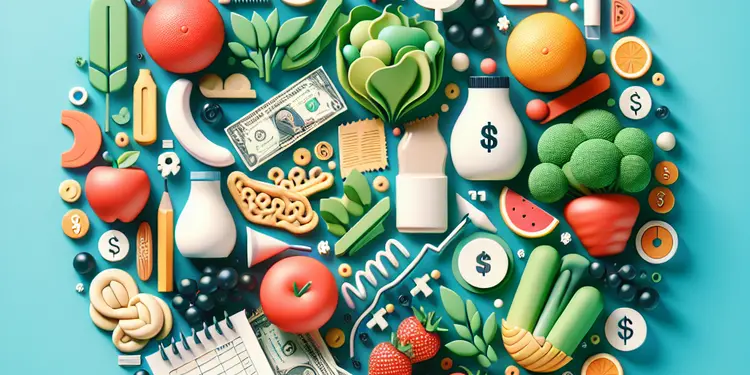
Can diet impact BPH?
Relevance: 24%
-
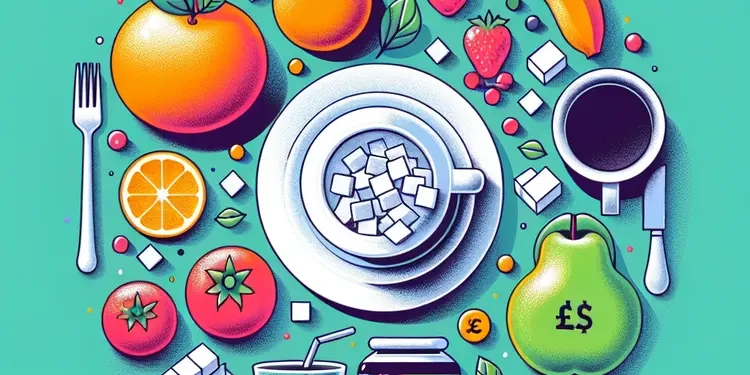
How much sugar should I eat every day?
Relevance: 24%
-
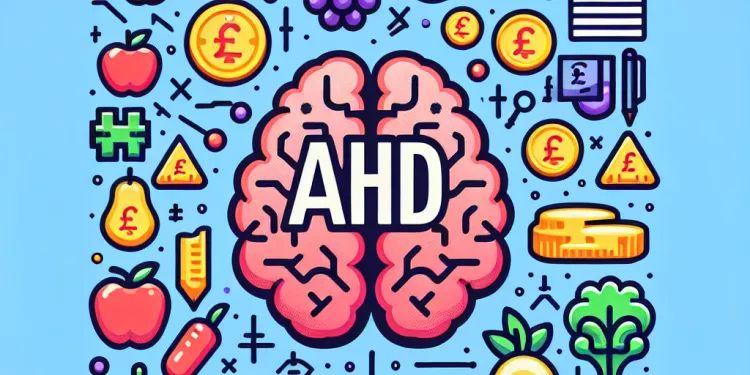
Can diet affect ADHD symptoms?
Relevance: 24%
-
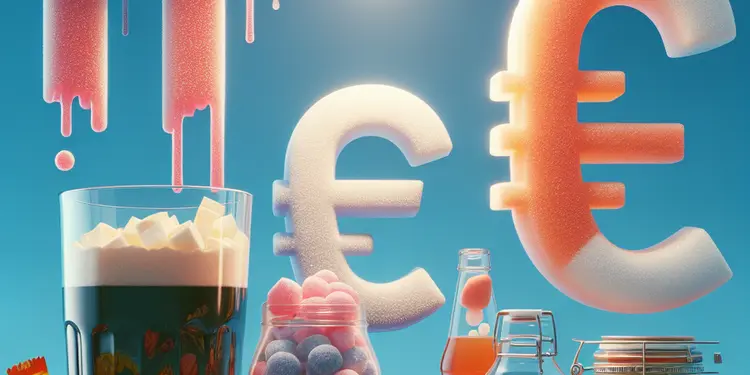
What are 'free sugars' and why should they be limited?
Relevance: 24%
-

Why is fat important in my diet?
Relevance: 24%
-
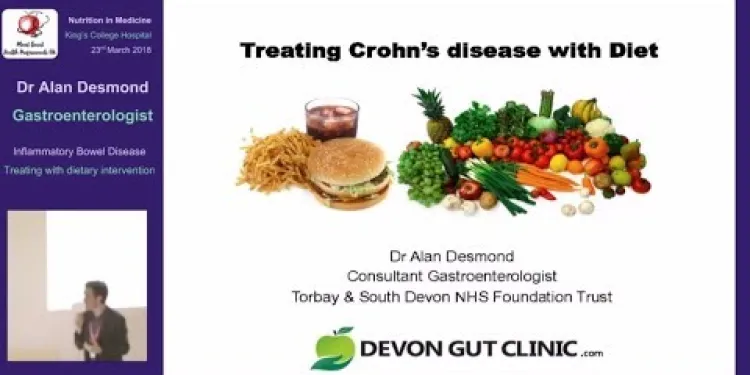
What is the best diet for Crohn’s disease?
Relevance: 23%
-
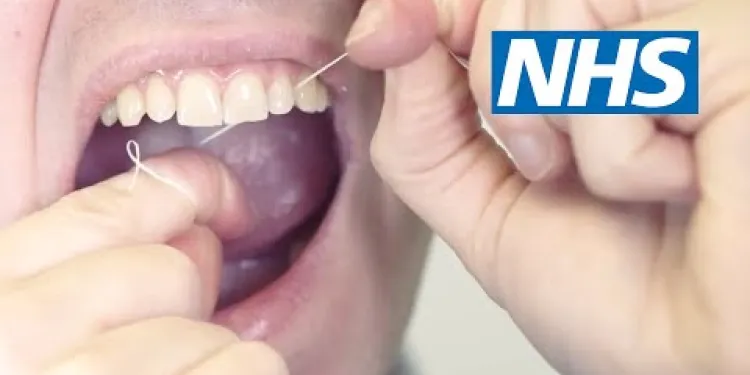
How to floss | NHS
Relevance: 23%
-
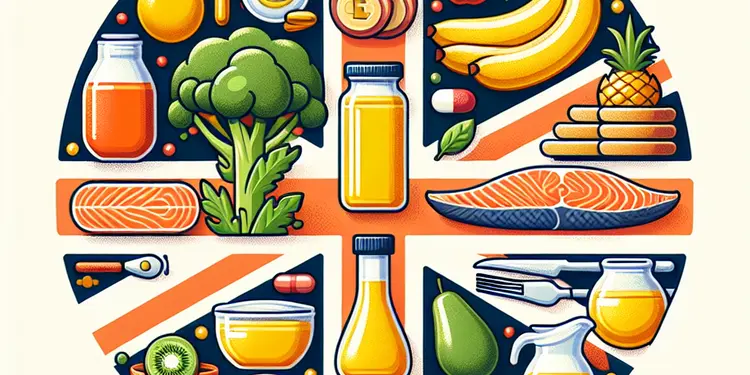
What is the omega-6 to omega-3 ratio in diets?
Relevance: 23%
-

Is diet linked to the rise in bowel cancer?
Relevance: 23%
-
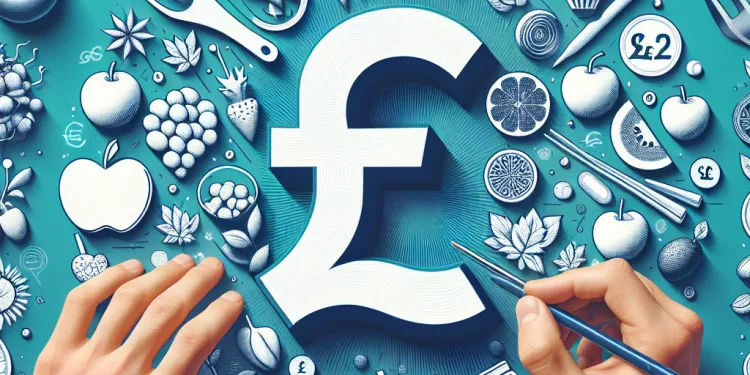
Can diet influence cortisol levels?
Relevance: 23%
-
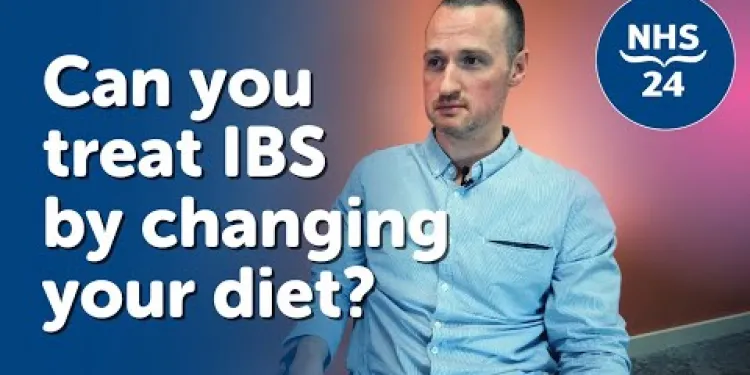
Does your diet affect IBS?
Relevance: 23%
-
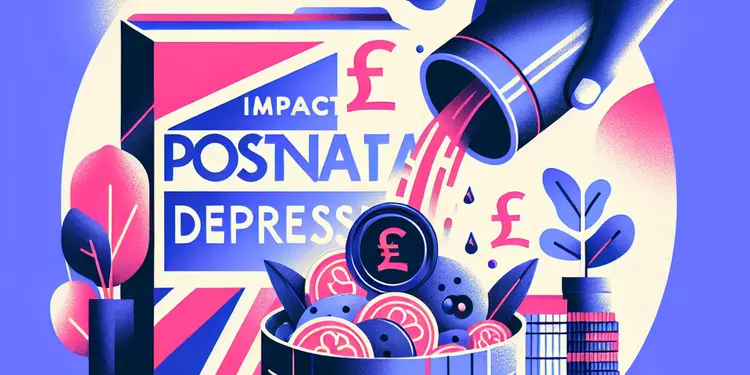
Can diet impact postnatal depression?
Relevance: 23%
-

How does junk food affect health?
Relevance: 23%
-
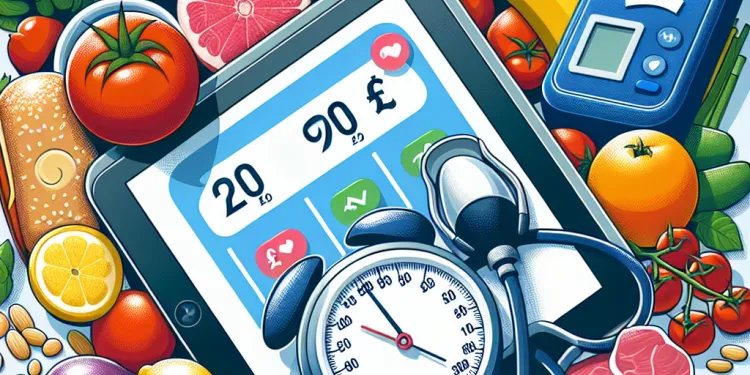
How does diet affect blood pressure?
Relevance: 22%
The Role of Diet in Tooth Decay
Tooth decay, also known as dental caries, is a common problem in the UK, affecting both children and adults. Diet plays a significant role in the development of tooth decay, as the foods and drinks consumed can influence the health of our teeth. Understanding how diet impacts tooth decay is crucial for maintaining good oral health.
Sugars and Tooth Decay
Sugar is a primary contributor to tooth decay. When sugars in the diet are consumed, they interact with the bacteria in the mouth to produce acids. These acids can erode the enamel, the hard outer layer of the teeth, leading to cavities. Sugary foods and beverages, such as sweets, fizzy drinks, and some fruit juices, are particularly harmful to dental health. It's essential to limit the intake of these products to reduce the risk of tooth decay.
Frequency of Consumption
Not only the amount but also the frequency of sugar consumption affects tooth decay. Each time sugar is consumed, an acid attack occurs on the teeth, lasting for about 20 minutes. If sugary foods or drinks are consumed frequently throughout the day, the teeth are constantly under attack, increasing the likelihood of decay. It is advisable to consume sugary foods less often and at mealtimes rather than as frequent snacks.
Acidic Foods and Drinks
In addition to sugars, acidic foods and drinks can also contribute to tooth decay. Acidic beverages like fizzy drinks, sports drinks, and even citrus fruits can wear down the enamel over time, leading to decay. Rinsing the mouth with water after consuming acidic foods or drinks can help mitigate their effects. Additionally, using a straw when drinking acidic beverages can reduce contact with the teeth.
Foods that Protect Against Tooth Decay
Some foods can help protect against tooth decay. Foods high in calcium and phosphates, such as cheese, milk, and yogurt, can help remineralise and strengthen tooth enamel. Crunchy fruits and vegetables, like apples and carrots, stimulate saliva production, which helps neutralise acids and wash away food particles. Including these in the diet can contribute to better oral health.
The Importance of Good Oral Hygiene
While diet plays a critical role in tooth decay, maintaining good oral hygiene is equally important. Brushing teeth twice a day with fluoride toothpaste, flossing daily, and visiting the dentist regularly are essential practices that complement a healthy diet. Fluoride helps to strengthen teeth and prevent decay, making it an important part of oral care.
Conclusion
The impact of diet on tooth decay is significant. By being mindful of sugar and acid intake and choosing foods that promote oral health, individuals can reduce their risk of developing tooth decay. Combined with good oral hygiene practices, these dietary choices can lead to healthier teeth and a brighter smile.
The Role of Food in Tooth Decay
Tooth decay happens when teeth get damaged. It is also called cavities. Many people in the UK have this problem, both kids and adults. The food and drinks we have can make our teeth healthy or unhealthy. Knowing how food affects our teeth helps us keep them strong.
Sugar and Tooth Decay
Sugar is bad for our teeth. When we eat or drink sugary things, the sugar mixes with germs in our mouth. This makes acid, which can hurt our teeth. The hard outside part of our teeth, called enamel, can get holes called cavities. Candy, fizzy drinks, and some fruit juices have a lot of sugar. We should have less of these to keep our teeth healthy.
How Often We Eat Sugar
It's not just how much sugar we eat, but also how often. Every time we eat sugar, our teeth get attacked by acid for 20 minutes. If we eat sugary things all day, our teeth can get hurt more. It's better to eat sugary foods less and with meals instead of as many snacks.
Acidic Foods and Drinks
Food and drinks with acid can also hurt our teeth. Drinks like fizzy drinks, sports drinks, and citrus fruits can wear down the enamel. To help, rinse your mouth with water after eating or drinking acidic things. Using a straw with acidic drinks can also help keep them away from your teeth.
Foods That Help Protect Teeth
Some foods can help our teeth stay strong. Cheese, milk, and yogurt have calcium and phosphate which make teeth stronger. Crunchy fruits and veggies like apples and carrots help make spit, which cleans teeth and fights acid. Eating these can keep our teeth healthy.
Keeping Teeth Clean
Eating right is important, but so is keeping teeth clean. Brush your teeth two times a day with toothpaste that has fluoride. Floss every day and go to the dentist to check your teeth. Fluoride makes teeth strong and keeps them from getting cavities.
Conclusion
Food can make a big difference in keeping teeth healthy. By eating less sugar and acid and choosing foods that help our teeth, we can stop tooth decay. Good eating and cleaning habits will help us have stronger teeth and a nice smile.
Frequently Asked Questions
How does sugar in the diet affect tooth decay?
Sugar is a primary contributor to tooth decay because it feeds bacteria in the mouth, which produce acid as a byproduct. This acid erodes tooth enamel, leading to cavities.
Can acidic foods lead to tooth decay?
Yes, acidic foods and drinks can erode enamel over time, increasing the risk of tooth decay by creating an environment that promotes bacterial growth and weakening the teeth.
Are sugary drinks worse for teeth than solid sugary foods?
Sugary drinks can be more harmful because they wash over all the teeth and often have high acidity, which can soften enamel and promote decay more quickly.
Does snacking throughout the day increase the risk of tooth decay?
Frequent snacking can increase the risk because it provides more opportunities for bacteria to produce acid from dietary sugars, prolonging exposure to harmful acids.
Can a lack of certain nutrients in the diet lead to tooth decay?
Yes, deficiencies in vitamins and minerals, such as calcium and vitamin D, can weaken teeth and make them more susceptible to decay.
How does a diet high in fiber affect tooth decay?
A diet high in fiber can help reduce the risk of tooth decay as fibrous foods stimulate saliva flow, which helps neutralize acids and cleanse the teeth.
Why is saliva important in preventing tooth decay?
Saliva helps wash away food particles, neutralize acids produced by bacteria, and provide minerals to repair tooth enamel, thus playing a crucial role in protecting against tooth decay.
How can dairy products affect tooth decay?
Dairy products are beneficial in preventing tooth decay because they are high in calcium and phosphate, essential for remineralizing tooth enamel, and they help neutralize acids in the mouth.
Do sugary substitutes cause tooth decay?
Sugar substitutes, like xylitol, do not cause tooth decay because they are not fermentable by oral bacteria, making them safer for teeth compared to regular sugar.
Can consuming citrus fruits cause tooth decay?
Citrus fruits, while healthy, can contribute to enamel erosion due to their acidity, potentially increasing the risk of decay if consumed in excess without proper oral hygiene.
How does drinking water help prevent tooth decay?
Drinking water, especially if fluoridated, helps rinse away food particles and bacteria, dilutes harmful acids, and provides minerals that strengthen enamel, all of which help prevent tooth decay.
Is it true that some foods can naturally clean your teeth?
Yes, foods that require a lot of chewing, like apples, carrots, and celery, can help scrub the surfaces of the teeth and stimulate saliva production, aiding in the cleansing process.
How does a diet high in processed foods affect tooth decay?
Processed foods often contain added sugars and starches that can promote bacterial growth and acid production, increasing the risk of tooth decay.
Can eating sticky foods increase the risk of tooth decay?
Sticky foods tend to adhere to teeth longer, providing more time for bacteria to produce acid, thus increasing the risk of decay.
What role do teeth-friendly nutrients play in oral health?
Nutrients like calcium, phosphorus, and vitamin D are essential for maintaining strong teeth and supporting remineralization, helping to prevent decay and cavities.
Can diet changes reverse tooth decay?
While diet alone cannot reverse tooth decay, eating a tooth-friendly diet can help strengthen enamel and slow the progression of early decay.
How does alcohol consumption relate to tooth decay?
Alcohol can lead to dry mouth, reducing saliva production and making it easier for bacteria to thrive, thus potentially increasing the risk of tooth decay.
Does a balanced diet affect the development of tooth decay?
A balanced diet provides essential nutrients that support oral health and help protect against decay by promoting strong teeth and a healthy oral environment.
Is it necessary to avoid all sweets to prevent tooth decay?
Complete avoidance is not necessary, but moderation is key. Consuming sweets occasionally, along with proper oral hygiene, minimizes the risk of decay.
How does fluoride in water or toothpaste help prevent tooth decay?
Fluoride strengthens tooth enamel, making it more resistant to acid attacks from bacteria in the mouth, thus playing a vital role in preventing tooth decay.
How does sugar hurt my teeth?
Sugar in food can harm your teeth.
When you eat sugar, it sticks to your teeth.
Germs (bacteria) in your mouth love sugar, and they make acid.
This acid can make small holes in your teeth.
These holes are called cavities or tooth decay.
To help your teeth stay healthy, you can:
- Brush your teeth twice a day with toothpaste.
- Use floss to clean between your teeth.
- Eat healthy snacks instead of sugary foods.
- Drink water instead of sugary drinks.
- Visit the dentist regularly for check-ups.
Sugar can make our teeth have holes. This happens because sugar helps tiny germs in our mouths grow. These germs make something called acid. Acid hurts our teeth. When the teeth are hurt, they can get little holes called cavities.
Try using a soft toothbrush and toothpaste with fluoride to help protect your teeth. It's also good to visit a dentist regularly.
Do sour foods harm your teeth?
Yes, sour foods and drinks can wear down the hard part of your teeth. This happens over time and can make it easier for your teeth to get holes. Sour things help tiny germs that can hurt your teeth grow. It also makes your teeth weaker.
Are sugary drinks worse for teeth than sugary foods you chew?
Sugary drinks, like soda, might be worse for your teeth than foods with sugar. This is because drinks can cover your teeth in sugar more easily.
Here are some tips to help:
- Drink water after having a sugary drink.
- Use a straw to keep the sugar away from your teeth.
- Brush your teeth twice a day to keep them clean.
- See a dentist regularly for check-ups.
Drinks with lots of sugar can be bad for teeth. This is because they touch all the teeth and are often very acidic. Acid can make teeth soft and cause them to get holes, called decay, faster.
Does snacking all day hurt your teeth?
Eating snacks often can lead to problems. This is because it gives bacteria more chances to make acid from the sugar in foods. This acid can harm your teeth.
Can missing some nutrients in food cause cavities?
Yes, not having enough vitamins and minerals, like calcium and vitamin D, can make teeth weak. This means they can get holes and damage more easily.
How does eating lots of fiber help your teeth?
Eating foods with lots of fiber can be good for your teeth. Fiber helps keep your mouth clean. It can stop cavities and make your teeth strong.
If you want to help your teeth, eat fruits, veggies, and whole grains. These foods have lots of fiber.
Tools that can help:
- Visual Aids: Look at pictures of fiber-rich foods.
- Interactive Games: Play games that show how to take care of your teeth.
- Simple Charts: Use charts to see which foods have fiber.
Eating foods with lots of fiber is good for your teeth. Fiber foods help make more spit in your mouth. The spit helps wash away bad stuff that can hurt your teeth.
Why is spit important for stopping holes in teeth?
Spit, also called saliva, helps keep our teeth healthy.
Here is how spit helps:
- It washes away tiny bits of food.
- It stops germs that can cause holes in teeth.
- It helps fix tiny scratches on teeth.
To take care of our teeth, we should:
- Brush teeth two times every day.
- Drink water to help make more spit.
- Eat healthy snacks like fruits and veggies.
Saliva is spit. It helps keep our teeth clean. It washes away tiny bits of food. Saliva also makes acids from germs not so strong. It gives minerals to make teeth better. This helps stop cavities and keeps teeth healthy.
How do dairy foods change tooth health?
Dairy foods like milk, cheese, and yogurt are good for your teeth. They have a lot of calcium and phosphate. These help make your teeth strong. Dairy also helps stop bad acids in your mouth. This keeps your teeth healthy.
Here are some tips to help understand this:
- Try to eat some dairy every day to keep your teeth strong.
- Use pictures of dairy foods like milk and cheese to remember this.
- If you need help, ask someone to explain things.
Do sugar substitutes harm teeth?
This question asks if things people use instead of sugar can hurt teeth.
Here are some tips to help you understand better:
- Look for pictures that show how teeth can be affected.
- Ask someone you trust to explain it to you.
- Use a dictionary to learn new words.
Sugar substitutes, like xylitol, do not hurt your teeth. This is because they do not turn into bad stuff by germs in your mouth. They are safer for your teeth than regular sugar.
Do citrus fruits make your teeth rot?
Citrus fruits like oranges and lemons are good for you. But they have a lot of acid. The acid can make your teeth's outside layer, called enamel, wear away. If you eat a lot of these fruits and don’t brush your teeth, your teeth might get weak and have problems.
How can drinking water help stop tooth decay?
Drinking water is good for your teeth. It helps to keep them strong and clean. Water washes away food and sugar. This stops germs that can hurt teeth. It also has minerals to make teeth stronger. To keep your teeth healthy, drink water every day. You can also brush your teeth and visit the dentist to help your teeth stay healthy.
Drinking water is good for your teeth. It washes away food and germs. If the water has fluoride, it helps make your teeth strong. This can stop your teeth from getting holes, called cavities.
Do some foods help clean your teeth?
Yes, foods that you need to chew a lot, like apples, carrots, and celery, can help clean your teeth. They also help make more spit, which helps wash your mouth.
How do too many processed foods hurt our teeth?
Processed foods have extra sugars and starches. These can help germs grow and make acid. This can hurt your teeth and cause tooth decay.
Do sticky foods make teeth rot?
Sticky foods stick to your teeth for a long time. This gives bacteria more time to make acid. Acid can hurt your teeth. This can cause tooth decay.
It can help to brush your teeth after eating. You can also use floss to clean between your teeth.
How do good foods help keep our teeth healthy?
Calcium, phosphorus, and vitamin D are very important. They help keep your teeth strong. They also help fix your teeth when they start to get weak. This stops holes, called cavities, from forming in your teeth.
Can changing what you eat help fix tooth problems?
Eating good food for your teeth won't fix holes, but it can make your teeth stronger and stop them from getting worse.
Does drinking alcohol hurt your teeth?
Drinking alcohol can be bad for your teeth. It can cause tooth decay. Tooth decay means your teeth get holes or hurt.
Here are some ways alcohol can hurt your teeth:
- Sugar: Some drinks have lots of sugar. Sugar can make teeth weak and cause holes.
- Acid: Alcohol can have acid. Acid can wear down the hard part of your teeth.
- Dry Mouth: Alcohol can make your mouth dry. A dry mouth can lead to more tooth decay.
You can use a straw to drink. This keeps alcohol away from your teeth.
Remember to brush and floss your teeth every day.
Drinking alcohol can make your mouth dry. This means you have less spit in your mouth. Spit helps keep your mouth clean. When you have less spit, germs can grow more easily. This might cause your teeth to get holes and hurt.
Do the foods we eat change how healthy our teeth are?
Eating good foods can keep our teeth strong. Eating too much sugar can hurt our teeth. Helpful tools: - Use a picture chart of healthy foods. - Ask someone to explain if you are not sure.Eating different kinds of healthy foods is good for your mouth. It helps keep your teeth strong and stops them from getting holes or going bad.
Do I need to stop eating all sweets to keep my teeth healthy?
No, you don’t have to stop eating sweets completely. But eating fewer sweets can help keep your teeth healthy.
Here are some tips:
- Brush your teeth twice a day.
- Use toothpaste with fluoride.
- Visit the dentist regularly.
- Eat sweets with meals, not as snacks.
- Drink water after eating sweets.
You don't have to stop eating sweets, but don't eat too many. Eating sweets sometimes and brushing your teeth well can help keep your teeth healthy.
How does fluoride in water or toothpaste help stop tooth decay?
Fluoride is a mineral that helps keep teeth strong.
When you brush your teeth with fluoride toothpaste or drink water with fluoride, it helps in two main ways:
- Hardens Tooth Surface: Fluoride makes the outer layer of your teeth, called enamel, hard. This helps stop germs from causing holes in your teeth.
- Repairs Teeth: If germs start to damage your teeth, fluoride can help fix them before any holes form.
If you find brushing your teeth tricky, try using a special toothbrush with a big handle. You can also ask for help from a family member or a friend.
To remember to brush your teeth twice a day, try setting an alarm or using a sticky note reminder. This can help make your teeth strong and healthy!
Fluoride makes your teeth strong. It helps stop germs and acid from hurting your teeth. This is important to keep your teeth healthy and stop cavities.
Useful Links
This website offers general information and is not a substitute for professional advice.
Always seek guidance from qualified professionals.
If you have any medical concerns or need urgent help, contact a healthcare professional or emergency services immediately.
Some of this content was generated with AI assistance. We’ve done our best to keep it accurate, helpful, and human-friendly.
- Ergsy carfully checks the information in the videos we provide here.
- Videos shown by Youtube after a video has completed, have NOT been reviewed by ERGSY.
- To view, click the arrow in centre of video.
- Most of the videos you find here will have subtitles and/or closed captions available.
- You may need to turn these on, and choose your preferred language.
- Go to the video you'd like to watch.
- If closed captions (CC) are available, settings will be visible on the bottom right of the video player.
- To turn on Captions, click settings .
- To turn off Captions, click settings again.
More Items From Ergsy search
-

How does diet affect tooth decay?
Relevance: 100%
-

Can tooth decay be reversed?
Relevance: 88%
-

Is tooth decay common in children?
Relevance: 88%
-

How is tooth decay diagnosed?
Relevance: 86%
-

What are the symptoms of tooth decay?
Relevance: 86%
-

Oral Health Awareness - Tooth Decay
Relevance: 84%
-

How can I prevent tooth decay?
Relevance: 81%
-

Can using mouthwash prevent tooth decay?
Relevance: 79%
-

Can drinking water help prevent tooth decay?
Relevance: 75%
-

Are sugary drinks worse than sugary foods for causing tooth decay?
Relevance: 74%
-

How does fluoride help prevent tooth decay?
Relevance: 72%
-

What is tooth decay?
Relevance: 67%
-

What is the role of dental sealants in preventing tooth decay?
Relevance: 64%
-

What treatments are available for tooth decay?
Relevance: 58%
-

What is the role of sugar in a balanced diet?
Relevance: 39%
-

Dental Health: Tips for All Ages
Relevance: 37%
-

How can I satisfy my sweet tooth without consuming sugar?
Relevance: 31%
-

Can orange juice be part of a healthy diet?
Relevance: 28%
-

What is the DASH diet?
Relevance: 27%
-

Understanding the Benefits of the Mediterranean Diet
Relevance: 25%
-

Can a low-fat diet be unhealthy?
Relevance: 25%
-

Can diet affect psoriasis?
Relevance: 25%
-

Can diet affect tinnitus?
Relevance: 25%
-

Can diet affect eczema?
Relevance: 25%
-

Can diet affect asthma?
Relevance: 24%
-

Is orange juice acidic and can it affect teeth?
Relevance: 24%
-

Can diet impact BPH?
Relevance: 24%
-

How much sugar should I eat every day?
Relevance: 24%
-

Can diet affect ADHD symptoms?
Relevance: 24%
-

What are 'free sugars' and why should they be limited?
Relevance: 24%
-

Why is fat important in my diet?
Relevance: 24%
-

What is the best diet for Crohn’s disease?
Relevance: 23%
-

How to floss | NHS
Relevance: 23%
-

What is the omega-6 to omega-3 ratio in diets?
Relevance: 23%
-

Is diet linked to the rise in bowel cancer?
Relevance: 23%
-

Can diet influence cortisol levels?
Relevance: 23%
-

Does your diet affect IBS?
Relevance: 23%
-

Can diet impact postnatal depression?
Relevance: 23%
-

How does junk food affect health?
Relevance: 23%
-

How does diet affect blood pressure?
Relevance: 22%


